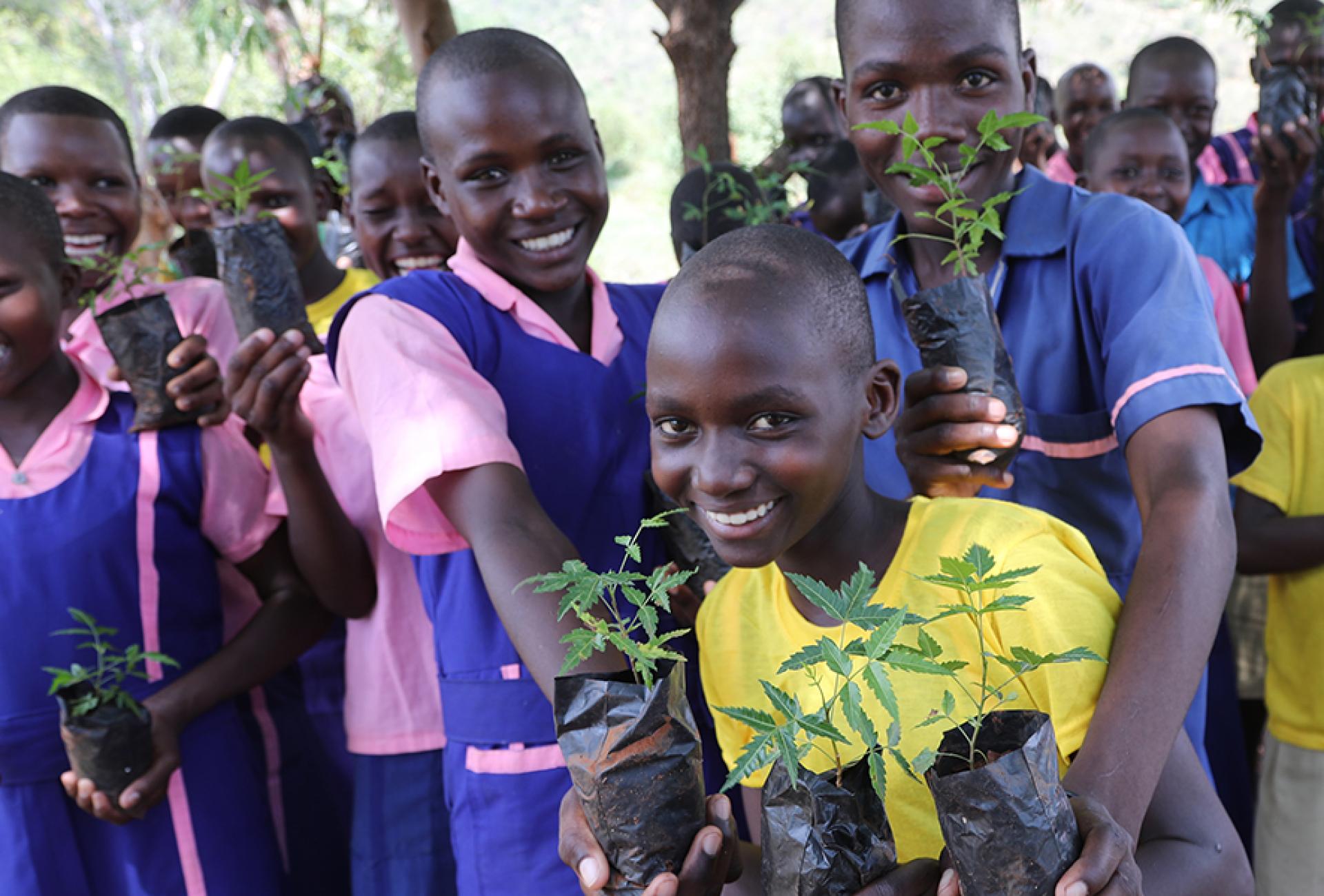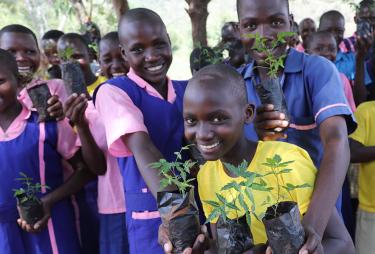Final reports show how rights for young people are being strengthened


Children’s and young people’s rights are a recurring theme in the final reports we have read for 2020. Hanna Toorell, international aid officer, talks in her column about how children’s rights can be strengthened over time.
March has been an exciting month here at the SMC – Faith in Development. Finally, we handlers have been able to delving into final reports. They are about international aid efforts that our member organisations have completed in 2020. The reports make us want to celebrate the amazing work that is being done in our network. But they also help us to realize that everything does not work perfectly and that there are lessons to be learned to take further into our continued work.
Children and young people have the right to influence
Several final reports have concerned children and young people’s rights. When we talk about the equal value and rights of all people, we must not forget that we are also talking about the equal value and rights of children. This rights perspective permeates the work when children are allowed to be at the centre of planning and implementing various actions. It’s about talking to the kids, not about them; to act with the children, not for them.
Every person has the right to shape their own development and influence the society they live in. This applies not least to the children. One of the efforts I read about reached more than 15,000 children and young people. Through children’s and youth conferences, they were able to learn more about their rights.
Church and society influence attitudes towards children
I’m reading about another operation in southern Africa. There, several partners in our network have developed a children’s rights policy to put children’s rights in focus. They testify to changing attitudes both in the Church, in the family and in society. One lesson has been to first involve the so-called obligation bearers – in this case, the leadership of the Church or the organisation – in order to have an impact and real change for children’s rights.
Change work takes time, and it is clear that there is still much to be done. Children and young people’s rights are affected by many different people around them. Therefore, it is important to collaborate with actors such as parents, teachers and local leaders. However, in order to ensure long-term and sustainable change,it is crucial to also reach authorities and decision-makers.
Children’s rights must be strengthened in several steps
Everyone’s equal value and rights apply regardless of whether they are girls or boys, whether they have disabilities or special needs. It is gratifying that many within our network want to contribute to changing attitudes and behaviours that make it easier for all children and young people to have their rights met.
In our work, we see that change occurs and grows strong over time as individuals learn about their rights, can organise and work to influence those who decide, both in society and in other types of institutions and organisations. When people in decision-making positions take responsibility for protecting and respecting children and young people’s rights – then it’s time to celebrate!

